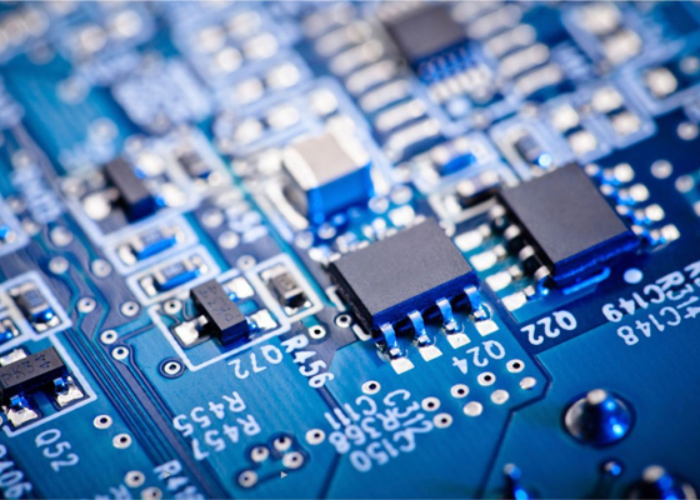As the technological landscape has expanded rapidly, experts in very large-scale integration (VLSI) and embedded systems are needed. This article provides an in-depth analysis of what it’s like to work in VLSI Design Course & embedded techniques and discusses the many career paths you may pursue. Find out what skills are necessary, what kinds of employment responsibilities you may anticipate, and much more!
VLSI & Embedded System Design’s Distinctive Features And Strengths
Every ECE student studying engineering has the same ultimate career goal: working in the fundamental electronics sector. Electronics engineers are in high demand in large-scale integration (VLSI) and embedded system design. However, employment in these fields requires a high level of expertise, a thorough grounding in the foundations, and a practical orientation. Even though fabrication is integral to the engineering profession, it is not included in the curriculum for a B.Tech degree.
Many companies are setting up shops in India because the Electronics System Design or Manufacturing (ESDM) industry is thriving because of the Make in India, Digital India, and Startup India programmes. With the Chips that Startup (C2S) Program, the government of India hopes to transform India into a global leader in ESDM semiconductor manufacturing. The government of India has given the green light for a large-scale initiative to use very-large-scale integration (VLSI) system design to create ICs and ASICs for domestic use. A growing number of startups and micro, small, and medium-sized businesses (MSMEs) are looking to make headway in this industry.
India spends millions of dollars annually importing various forms of consumer electronics. The consumer electronics industry relies heavily on VLSI and embedded systems. Thus, very large-scale integration (VLSI) and embedded computing are developing fields in India. A serious shortage of talent is expected in several fields. India spent billions of dollars annually importing electronics for the general populace. The use of VLSI & Embedded Systems in Consumer Services Electronics is Crucial.
Various VLSI-Related Professions Design Engineer
An embedded system designer or very large-scale integration (VLSI) designer is responsible for these tasks. They collaborate closely with other engineers to ensure the systems are up to code.
A process engineer manages and improves the VLSI & embedded system production process. They collaborate closely with product designers and manufacturers to guarantee high production values and flawless final goods.
Qualifications For A Career As A VLSI Or Embedded Engineer
To succeed in VLSI & embedded system design, students must fulfil certain educational prerequisites.
Conclusion
People with Bachelor of Technology (B.Tech) degrees and a certificate course in VLSI & embedded systems may find plenty of well-paying employment possibilities all around the globe. These supplementary programme not only help you improve your knowledge and abilities but also open up a wide variety of doors in today’s technological world.
In India, the position of VLSI Engineer is in great demand. Very Large Scale Integration refers to making and testing many integrated circuits simultaneously. When it comes to computers, mobile phones, and various other electronic gadgets, a VLSI Engineer is the one to call.






